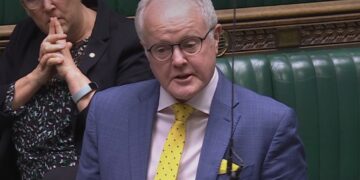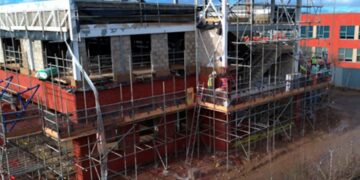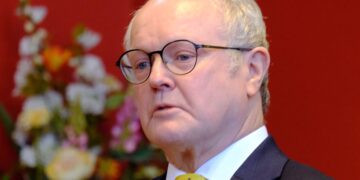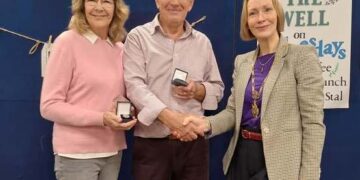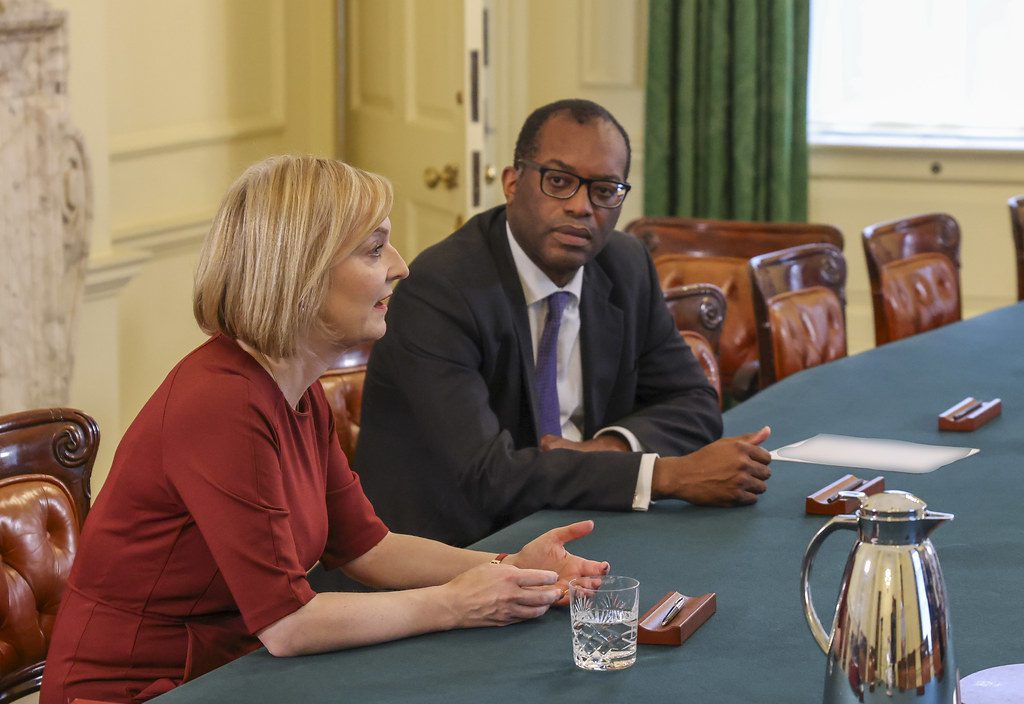By Cllr Rachel Burgess
When I first was elected in 2018, I was shocked to observe the full force of cuts that had been meted out on local authorities, including Wokingham.
The massive reduction in government funding in the form of Revenue Support Grant, which finally fell to zero in Wokingham, was causing disruption to the provision of vital services, with some services being scrapped altogether.
Now, over four years later, I was both angered and deeply saddened to hear the Conservative “levelling up” minister state that “a new age of austerity” would be needed.
A look at any Council’s finances will show you that the “old” austerity never left us. Successive Conservative governments have left local authority finances on their knees, and Wokingham is no exception.
And the cause of this “new austerity”? The disastrous “mini-budget”; in reality an enormous fiscal event that drew stark criticism from the IMF and which has had such far-reaching consequences that the government’s economic credibility is left in tatters.
Even after the Chancellor’s humiliating U-turn on the 45p rate of tax, what was a £45bn hole to fill in the public finances is now a £43bn hole. A host of unfunded pledges remain, including the reduction in corporation tax, which will cost the public purse £18bn. Meanwhile the removal of the cap on bankers’ bonuses remains.
By pledging to give away unfunded tax cuts to the very rich the Conservative government sent the UK into economic turmoil, causing the Bank of England to take its unprecedented step of pumping a whopping £65bn into the economy to avoid catastrophic pension fund collapse. Hardly, to use the Chancellor’s glib words, “a little turbulence”. And, in turn, the result of the government’s economic recklessness will cause higher interest rates and therefore higher mortgage costs, as well as higher inflation, for years to come. The damage is already done.
It is no wonder that many Conservative MPs are privately seething about Downing Street’s decisions, and that the markets appear to have little faith in their competence. Their economic credibility is shot to pieces.
Truss and Kwarteng made ideologically-driven decisions without doing the basic economic maths and have tried to avoid Office for Budget Responsibility (OBR) scrutiny. Some may assume they simply wished to defend the privilege of wealthy friends, allies and supporters of the Conservative Party.
A more generous view would be that Truss and Kwarteng genuinely believe in so-called “trickle down” economics – where you make the rich even richer in the hope that some of these riches trickle down to everyone else. Yet this is a dated idea rubbished by many economists – as the saying goes, I know a joke about trickle-down economics, but 99% of you won’t get it.
With the current huge pressure on household finances, most people will be at a loss to understand how the Conservatives could give away tax cuts for the top 1% at a time like this. And Truss and Kwarteng tried desperately to double down on these “reverse Robin Hood” tactics, tax cuts which plainly redistribute money from poorer households to some of the richest in the country.
And so to the “new age of austerity” – the need to cut public expenditure, and fill a £43bn hole, to fund Kwarteng’s out of control economic policy, causing yet another hit to our public services. The Resolution Foundation have stated the new round of public spending cuts would need to be on the scale of George Osborne’s original austerity programme.
In Wokingham our Borough Council faces a stark financial situation. The combination of extremely high inflation pushing up Council staff wages, utilities and contract costs, an increase in demand for services as the economic challenges start to bite, a loss of much-needed revenue post-Covid, and the implementation of adult social care reforms, all contribute to the most difficult financial situation faced by the Council in many years, even during the worst years of the Cameron and Osborne austerity budgets.
The Liberal Democrat administration in Wokingham have already had to make extremely difficult decisions regarding waste provision and car parking charges, in order to protect the vital services the Council provides, such as supporting vulnerable children in care or looking after our elderly population.
The number of referrals received by Wokingham Foodbank has already doubled in the last 12 months. A refusal by the government to commit to raise benefits in line with inflation will mean a direct hit to people with disabilities, low-income families, those with mental health issues and other vulnerable groups, in turn increasing the pressure even further on local authority finances.
Yet there is no democratic mandate for tax cuts and the consequent reduction in public spending. The Conservative 2019 manifesto pledged to “level up” the country – no talk of massive tax cuts for the wealthy or slashing public spending.
At the Labour Party conference last week there was some cause for optimism amidst this Conservative self-inflicted chaos.
Labour’s plans can provide some much-needed hope to ordinary people, by providing practical plans for jobs and skills, ditching unfunded tax cuts, recruiting new teachers in our schools, and the launch of Great British Energy, a publicly-owned energy company that will invest in clean UK power.
I have heard many different perceptions on the doorstep about Labour’s economic competence. But the sheer scale of the Conservative government’s economic chaos, and the solid plans Labour have laid out, now mark Labour as the party not just of social justice, but of economic responsibility.
Cllr Rachel Burgess is the leader of Wokingham Labour group and ward member for Norreys



